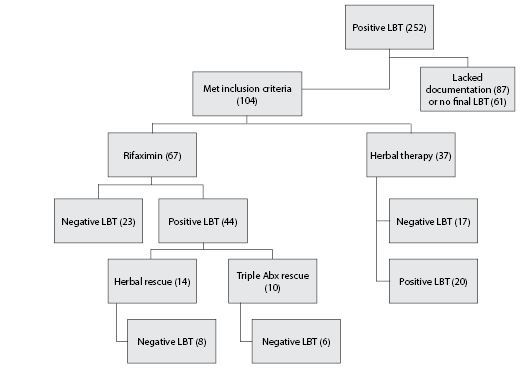

Other Infections (Small Intestine Viral Infection and Small Intestine Parasitic Infection) Many patients can be found to have both at the same time and most of the herbs that I choose to use in my office will treat both simultaneously. While it can be difficult to differentiate between SIBO and SIFO, sometimes you don’t have to. (Yes there are lab tests for small intestine fungal overgrowth, but they are either invasive or inconclusive.) I have found that small intestine fungal overgrowth often is correlated with excess ear wax, balance disturbances and having the feeling of “plugged” ears all the time.Īnd of course last, but not least, SIFO presents frequently with an itchy scalp, dry scalp, build up and/or dandruff.īecause lab testing is still at its infancy for almost all chronic diseases symptoms, a thorough patient history and a well-educated doctor is truly the best way to diagnose and eliminate SIFO. Another unique symptom often seen in the office that is associated more with SIFO than SIBO is a correlation to the ears. The most common way women describe this is they say that by the end of the day they look “6 months pregnant”.Ĭlinically I have noted that fungal infections also seem to elicit additional symptoms such as brain fog and fatigue more often than bacterial infections which seem to be more local in symptomatology. If you have gone on a low-carb diet and saw significant changes and then reintroduced carbohydrates only to have bloating or gas, you likely still have a fungal infection. SIBO and SIFO can both cause digestive disturbances of almost any kind, but there is one distinguishing factor that makes me think its more of a fungal problem than bacterial and that is BLOATING!īloating, belching, gas and distention are clinical keys to knowing that you may have a fungal infection vs. small intestine fungal overgrowth SIBO (small intestine bacterial overgrowth) vs. Looking at those above percentages, which don’t include the large intestine, sinuses, lungs and/or urinary tract, it is more common than not that someone who experiences digestive disturbances has an underlying infection of some kind. While I have many patients entering the office wanting me to determine if they have SIBO, I have yet had one ask if the have small intestine fungal overgrowth. (I am not recommending a prescription anti-fungal.) As far as I know, traditional medicine is not giving anti-fungal prescriptions for the digestive tract yet, very often at least. In one recent study it showed that 40% of IBS patients had fungal overgrowth in their small intestine.


Studies done on patients with IBS have shown that over 60% of patients had some sort of infection in the small intestine, but when patients go to a traditional medicine doctor, rarely are these infections teased out. SIFO or small intestine fungal overgrowth is one of the major findings in my office that many labs and patients are missing.

Either my patients (and myself) are crazy and there is nothing wrong with our digestion or there is something lingering that it slipping by traditional lab testing. Small intestine fungal overgrowth is often more common than SIBO, but it continues to go undiagnosed.Įven worse, you may have a positive breath test result multiple times (expensive) and still you haven’t seen any significant change in your symptoms or lab results. Even with modern SIBO (small intestine bacterial overgrowth) testing, many breath and stool tests come back negative. Is SIFO or Small Intestine Fungal Overgrowth Smarter Than a Lab Test?įor many years now, patients have been coming in to the office with digestive symptoms and yet all of their “advanced” lab tests come back within normal ranges. SIFO is primarily candida yeast overgrowth in the small intestine. SIFO symptomsare bloating, gas, IBS and looking pregnant! If you are looking to get rid of SIFO, keep reading for the best supplements for SIFO Treatment.


 0 kommentar(er)
0 kommentar(er)
